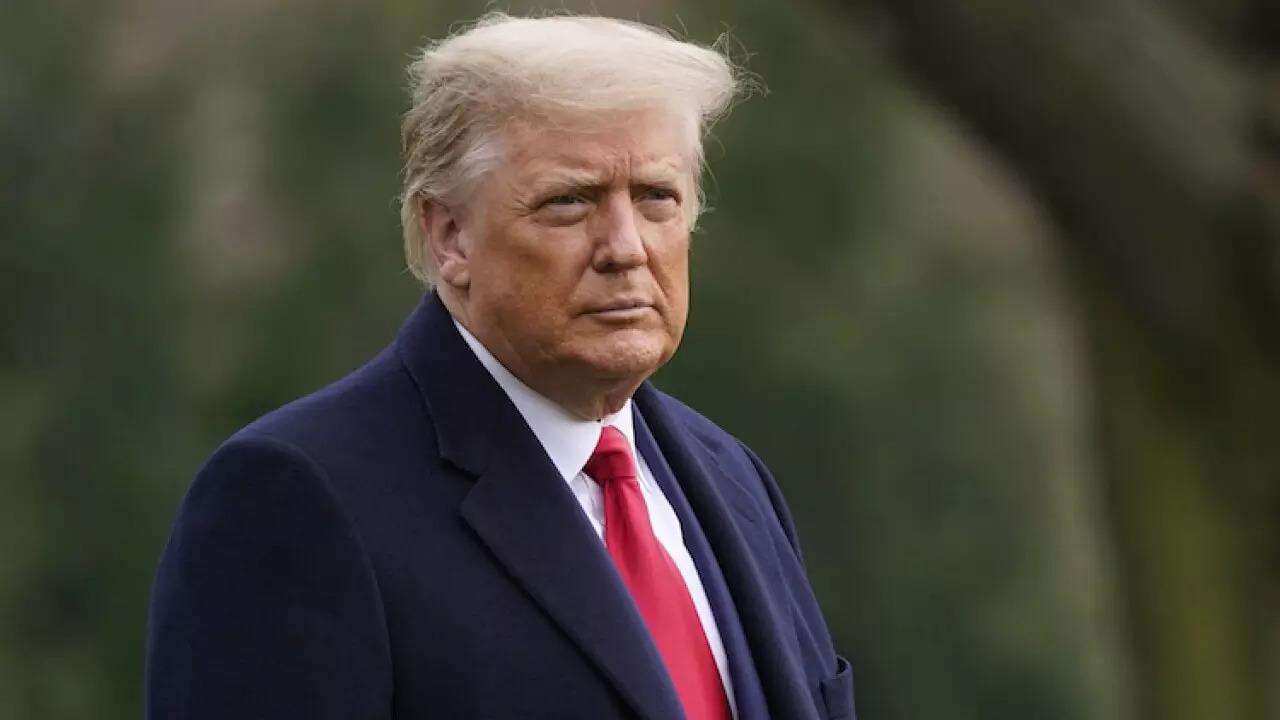PARIS: A re-elected Donald Trump won’t stop renewable energy deployment, but could reverse anti-coal diplomacy efforts, US Special Presidential Envoy for Climate John Kerry said on Tuesday at the International Energy Agency ministerial gathering.
“Even when President Trump was there for those 4 years, 75% of our new electricity came from renewables because we had portfolio laws in the 37 states that required the deployment of renewables …so whatever happens, that’s not going to change the direction we’re moving in,” Kerry said.
“This revolution is happening … notwithstanding the hiccup of the farmers’ strikes or a president of a country who wants to pull out of the Paris agreement,” he added.
The comments were made on the 50th anniversary of the energy agency, which has shifted from an initial mission of ensuring the security of oil supplies to increasingly championing renewables and a reduction in planet-warming emissions from oil, coal and natural gas use.
The US is the IEA’s biggest financial contributor among the 31 member countries.
Ahead of the November 2024 US elections, former Republican president Trump, the frontrunner to become the party’s nominee, has pledged to reduce financial contributions to international organizations and to withdraw from the Paris climate agreement, a multilateral accord meant to limit greenhouse gas emissions.
And while current US President Joe Biden has heavily subsidized renewable energy and paused approvals on new liquefied natural gas export projects, Trump has promised to “unleash the production of domestic energy resources,” including coal.
Despite his optimism on global renewable technology, Kerry did warn that a reversal in US climate policy under a new administration would still have negative global effects.
“We succeeded in our work with China in getting China to agree that they’re not going to fund any more foreign coal-fired power being built, which is a step forward, but the enforceability of that has proven to be complicated,” Kerry said.
“We know that there’s 500 gigawatts of incipient coal-fired power waiting to come online in Asia, which will undo everything that we have done in Europe and in the US over the last 10 or 15 years if it comes online now,” he added.
“Even when President Trump was there for those 4 years, 75% of our new electricity came from renewables because we had portfolio laws in the 37 states that required the deployment of renewables …so whatever happens, that’s not going to change the direction we’re moving in,” Kerry said.
“This revolution is happening … notwithstanding the hiccup of the farmers’ strikes or a president of a country who wants to pull out of the Paris agreement,” he added.
The comments were made on the 50th anniversary of the energy agency, which has shifted from an initial mission of ensuring the security of oil supplies to increasingly championing renewables and a reduction in planet-warming emissions from oil, coal and natural gas use.
The US is the IEA’s biggest financial contributor among the 31 member countries.
Ahead of the November 2024 US elections, former Republican president Trump, the frontrunner to become the party’s nominee, has pledged to reduce financial contributions to international organizations and to withdraw from the Paris climate agreement, a multilateral accord meant to limit greenhouse gas emissions.
And while current US President Joe Biden has heavily subsidized renewable energy and paused approvals on new liquefied natural gas export projects, Trump has promised to “unleash the production of domestic energy resources,” including coal.
Despite his optimism on global renewable technology, Kerry did warn that a reversal in US climate policy under a new administration would still have negative global effects.
“We succeeded in our work with China in getting China to agree that they’re not going to fund any more foreign coal-fired power being built, which is a step forward, but the enforceability of that has proven to be complicated,” Kerry said.
“We know that there’s 500 gigawatts of incipient coal-fired power waiting to come online in Asia, which will undo everything that we have done in Europe and in the US over the last 10 or 15 years if it comes online now,” he added.


